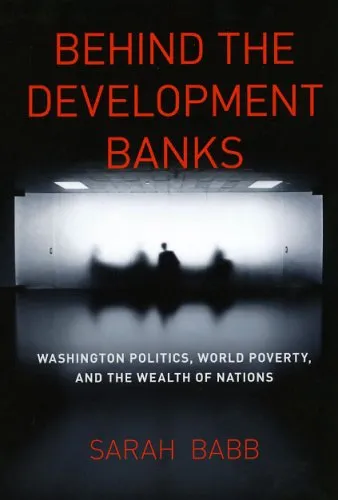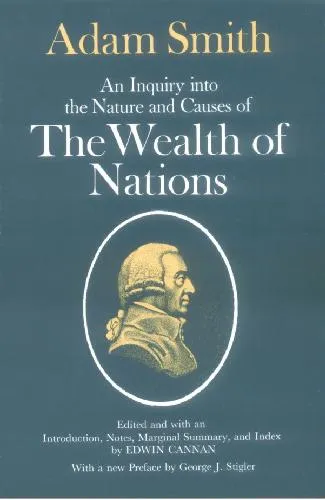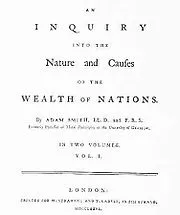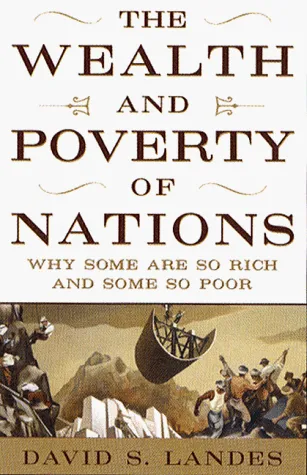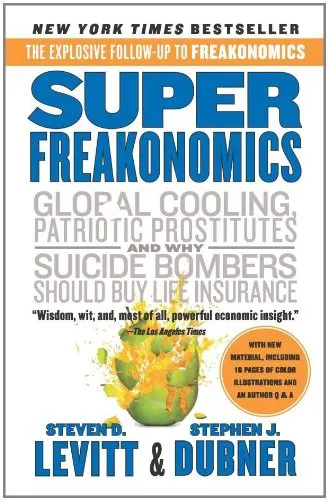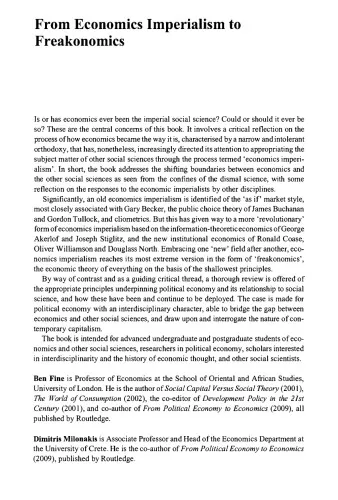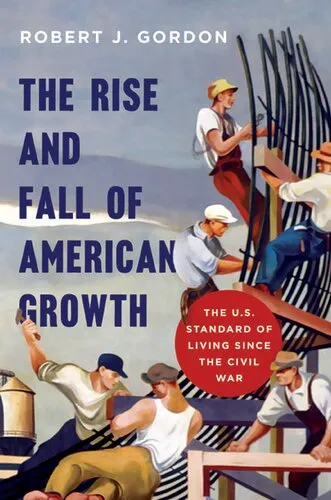Behind the Development Banks: Washington Politics, World Poverty, and the Wealth of Nations
4.0
Reviews from our users

You Can Ask your questions from this book's AI after Login
Each download or ask from book AI costs 2 points. To earn more free points, please visit the Points Guide Page and complete some valuable actions.Related Refrences:
Introduction to "Behind the Development Banks: Washington Politics, World Poverty, and the Wealth of Nations"
Welcome to an in-depth exploration of "Behind the Development Banks: Washington Politics, World Poverty, and the Wealth of Nations," a seminal work that delves into the intricate dynamics of international finance, development, and politics. This introduction aims to provide a comprehensive overview of the book, highlighting its key themes, insights, and contributions to our understanding of global development.
Detailed Summary of the Book
"Behind the Development Banks" presents a critical analysis of international financial institutions, particularly focusing on the World Bank and the International Monetary Fund (IMF). Sarah Babb meticulously examines the political influences, particularly from the United States, that shape these organizations' policies and directions. The book delves into the complex relationships between these institutions and the countries they aim to aid, shedding light on the often opaque processes behind funding decisions and policy prescriptions.
The book is divided into sections that explore the history, governance, and operational dynamics of development banks. It uncovers how these institutions are not merely economic entities but are deeply political organizations influenced by geopolitical agendas. Babb provides case studies and empirical data to support her analysis, illustrating the tug-of-war between donor countries and recipient nations over development agendas.
Key Takeaways
- The World Bank and IMF are heavily influenced by the political interests of powerful member states, particularly the United States.
- Development policies can often reflect the geopolitical priorities of donor countries rather than the actual development needs of recipient countries.
- The governance structure of these banks can perpetuate unequal power dynamics, impacting their effectiveness in addressing world poverty.
- Policy outcomes frequently depend on the political climate and economic ideologies prevailing in major donor countries.
Famous Quotes from the Book
"The World Bank and the IMF are not just economic entities — they're instruments of geopolitics, serving as a reflection of international power structures."
"Development is as much about political maneuvering as it is about economic strategy. Understanding who holds the strings is crucial."
Why This Book Matters
"Behind the Development Banks" is a critical contribution to the discourse on international development and global finance. It challenges readers to rethink the role and impact of development banks in shaping economic policies worldwide. This book matters because it sheds light on the underlying political mechanisms that influence global development strategies, emphasizing the need for greater transparency and accountability.
In an era where global poverty remains a pressing issue, understanding the workings of influential financial institutions is pivotal. Readers looking to gain insight into the intersection of politics, economics, and international development will find this book both revealing and thought-provoking. It equips policymakers, scholars, and global citizens with the knowledge to critically assess the role of development banks in the broader context of international relations and economic development.
Free Direct Download
You Can Download this book after Login
Accessing books through legal platforms and public libraries not only supports the rights of authors and publishers but also contributes to the sustainability of reading culture. Before downloading, please take a moment to consider these options.
Find this book on other platforms:
WorldCat helps you find books in libraries worldwide.
See ratings, reviews, and discussions on Goodreads.
Find and buy rare or used books on AbeBooks.
1441
بازدید4.0
امتیاز0
نظر98%
رضایتReviews:
4.0
Based on 0 users review
Questions & Answers
Ask questions about this book or help others by answering
No questions yet. Be the first to ask!
